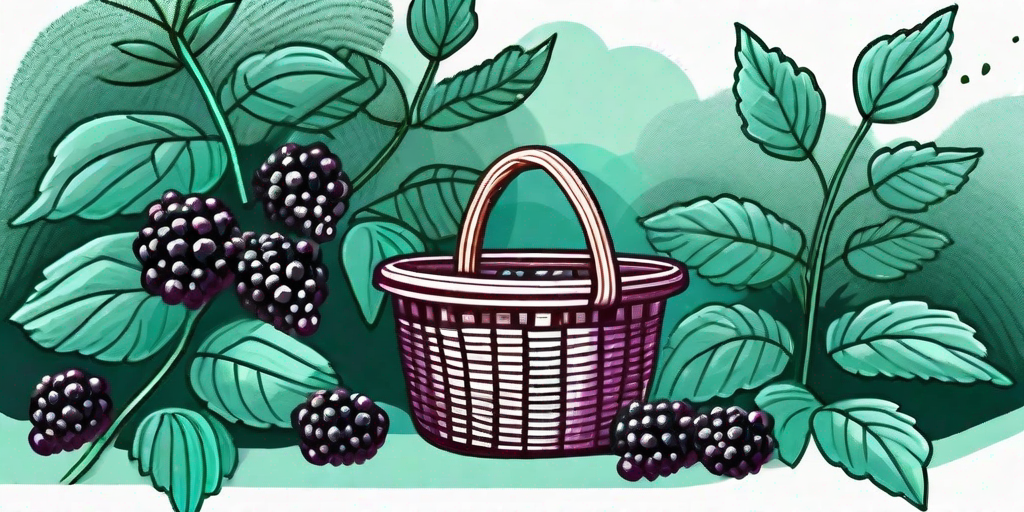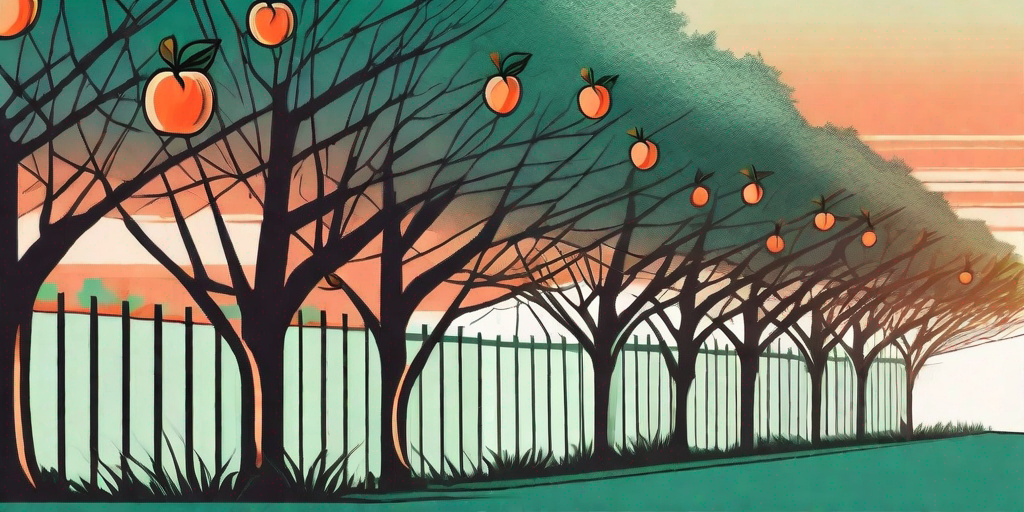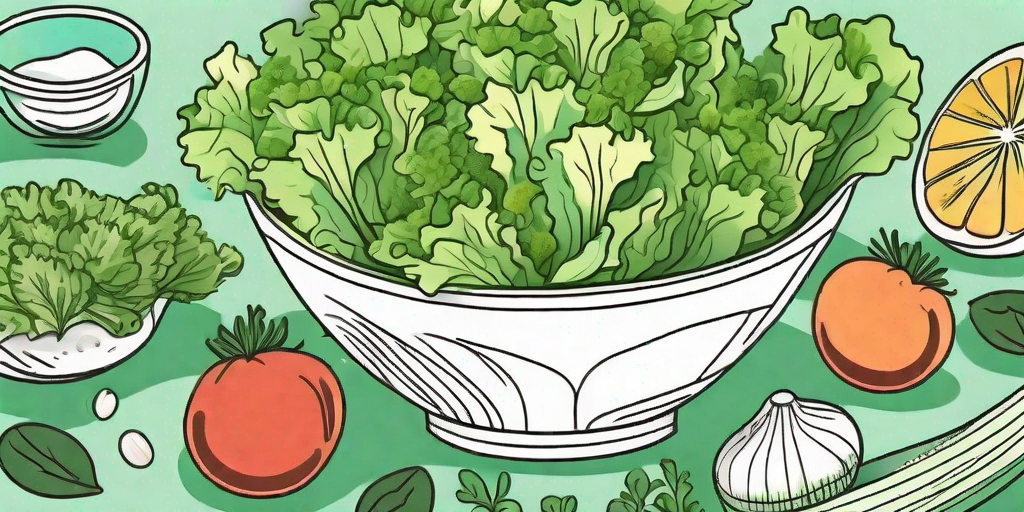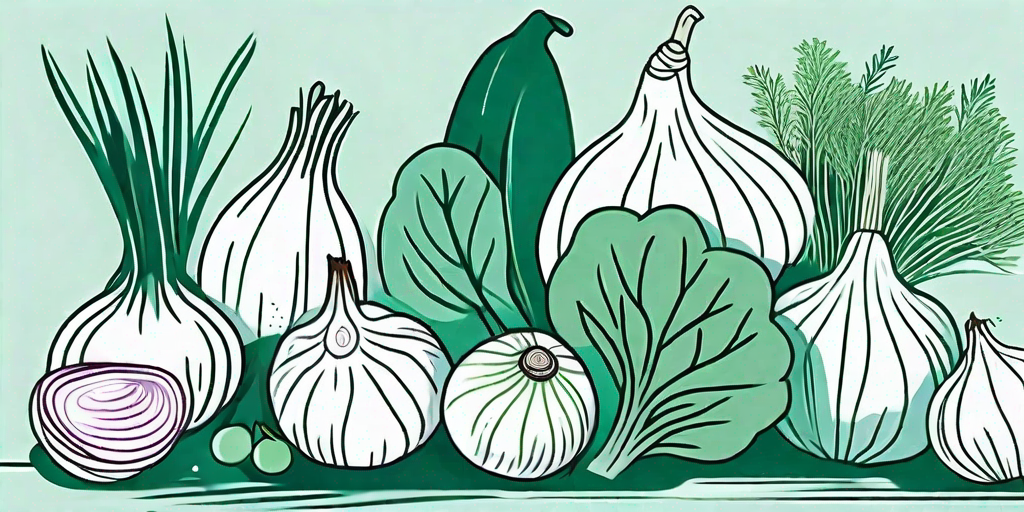
Welcome to the world of backyard foraging, where the fruits of your labor are quite literally fruits! Today, we're embarking on a berrylicious adventure, diving into the thorny, yet rewarding, task of foraging for wild blackberries. So, put on your best foraging gear, grab a basket, and let's get started.
The Allure of Wild Blackberries
Wild blackberries, nature's sweet little gems, are not only delicious but also packed with antioxidants and vitamins. They're like tiny health bombs, ready to explode with goodness in your mouth.
But it's not just about the taste or health benefits. There's something incredibly satisfying about foraging for your own food. It's like a treasure hunt, where the prize is a mouthful of juicy, sweet blackberries.
Identifying Blackberry Bushes
Before we start our foraging adventure, it's essential to know what we're looking for. Not all berries are created equal, and some can be quite harmful if ingested.
Blackberry bushes are characterized by their thorny, arching canes and clusters of white or pale pink flowers. The berries themselves are deep purple to black when ripe, and they're made up of multiple small drupelets.
Comparing Blackberries to Other Berries
It's easy to confuse blackberries with their close relatives, raspberries. Both have similar structures and grow on thorny bushes. However, when picked, raspberries leave behind a hollow core, while blackberries remain intact.
Another berry that can be confused with blackberries is the black raspberry. These are smaller, rounder, and have a hollow core like raspberries. They also have a distinct, more robust flavor.
When to Forage for Blackberries
Timing is everything when it comes to foraging for blackberries. Too early, and you'll find hard, sour berries. Too late, and the birds and bugs might have beaten you to the feast.
In most regions, blackberries are ripe for picking in late summer to early fall. The key is to look for berries that are fully black, plump, and come off the vine with a gentle tug.
How to Forage for Blackberries
Now that we've covered the basics, it's time to get down to the nitty-gritty of blackberry foraging. Remember, this isn't a walk in the park. It's a battle against thorny branches and potential berry thieves (yes, we're looking at you, squirrels).
First things first, dress appropriately. Long sleeves and pants will protect your skin from thorns and bugs. Gloves can also be helpful, but they might limit your dexterity when picking the berries.
Step-by-Step Guide to Blackberry Foraging
- Locate a blackberry bush. Look for the telltale signs we discussed earlier.
- Examine the berries. They should be fully black and come off the vine easily.
- Use one hand to hold the branch and the other to pick the berries. Be gentle to avoid squishing them.
- Place the berries in your basket. Try not to stack them too high, as they can crush each other.
- Continue foraging until your basket is full or the bush is out of ripe berries.
Storing and Using Your Blackberries
Once you've foraged your blackberries, it's time to enjoy them. They're delicious fresh, but they also freeze well for later use.
To store blackberries, first rinse them gently under cold water. Then, spread them out on a towel to dry. Once dry, they can be stored in the fridge for a few days or frozen for longer storage.
Blackberries are incredibly versatile in the kitchen. They can be used in jams, pies, smoothies, or simply enjoyed fresh. The possibilities are as endless as your culinary creativity.
Frequently Asked Questions
Are wild blackberries safe to eat?
Yes, wild blackberries are safe to eat. However, it's crucial to ensure you've correctly identified the berry before consuming it.
Can I forage for blackberries in a city?
Yes, blackberries often grow in urban areas. Just make sure they haven't been sprayed with pesticides and aren't growing near a busy road where they might have absorbed car exhaust.
What should I do if the blackberries have worms?
If you find worms in your blackberries, don't panic. Soak the berries in a mixture of one part vinegar to three parts water. This will kill the worms and make them float to the top.
Conclusion
Foraging for wild blackberries is a fun, rewarding activity that can yield some delicious results. With the right knowledge and a bit of patience, you can turn your backyard into your very own berry patch. So why not give it a try? Your taste buds will thank you.
Happy foraging!











